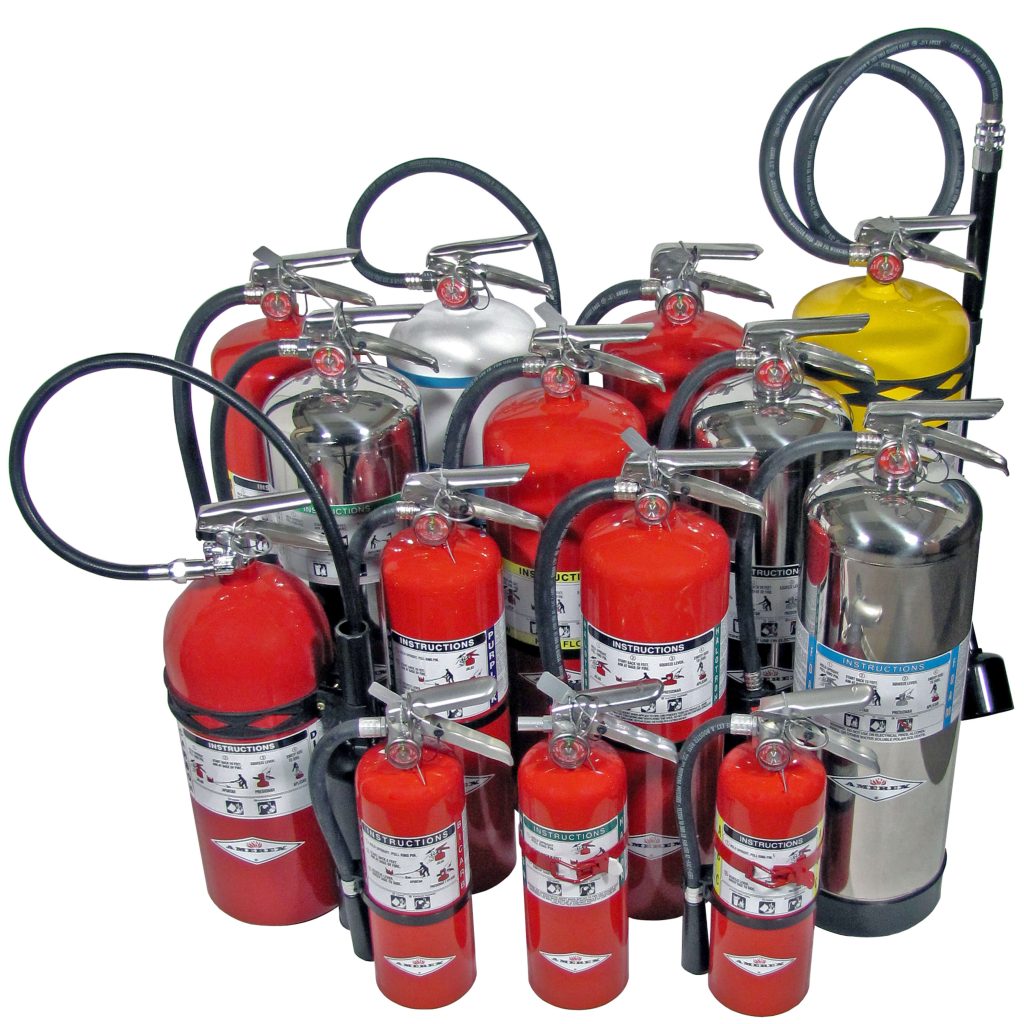Safety in the fire industry isn’t just about having the right equipment as well as making sure that the equipment will perform flawlessly when you require it most. The maintenance of fire extinguishers is no more a routine task. In fact, it’s been a requirement of strategic importance for all dealers in fire equipment who are committed to safety, reliability and compliance.
If you’re the manager of a bustling storefront or you are responsible for managing clients within a portfolio, knowing the specifics of fire extinguisher tags and recharge is critical to creating trust over time.

Image credit: servicedfireequipment.com
The importance that is often ignored the importance of Extinguisher Inspection
Every extinguisher on the wall of a commercial building may appear ready but is it truly functional? Fire extinguisher inspection is the only way to confirm that. This procedure requires more than just a glance. Certified technicians must be able to check the nozzle’s condition, pressure levels, seals, tamper indicators, expiration dates, and general wear.
Your customers could be at risk of fire hazards and penalties if you fail to follow these steps. Dealers selling fire equipment who collaborate with an inspection company that is professional will provide peace of mind for their customers as they are confident that each product is in compliance with industry standards and suitable for use in the real world.
Reasons why Fire Extinguisher Charge Isn’t Optional, It’s Essential
Let’s be clear: a discharged or half-used extinguisher is a hazard to the safety of your family. If it’s accidentally opened or used to fight small-scale fires within the kitchen, it will only be considered to be safe after it has been properly charged. That’s why recharge services come in.
Recharging involves refilling or replacing extinguishing agent by repressurizing the cylinders, as well as checking that the internal components have not been damaged. The process is one that requires precision as well as an understanding of different types of extinguishers (dry chemicals CO2, foams etc.). ), and up-to-date service equipment.
A lot of dealers are now outsourcing this work, which allows them to cut costs while ensuring quality.
The Role of the Fire Extinguisher Tagging in Legal Protection and Customer Trust
It’s a small detail that can have a huge impact: the label.
The tag of a fire extinguisher the proof that a unit was inspected and certified. It also shows that it was maintained according to state and federal safety regulations. The tag contains the following: date of service; technician’s ID, nature of inspection; and the date of time of next scheduled service. It’s more than just a piece of paper for business owners. It offers a layer of protection from responsibility. For dealers, the tag functions as an identification badge.
Unusual tags or missing ones can lead to failed safety audits or fines. Not to mention the loss of trust among customers. It is the reason working with an agency that has accurate and legally compliant tag-making practices is essential.
A smarter business model Outsource the Services, Own the Relationship
A majority of dealers for fire equipment prefer to spend their time building relationships with customers and closing sales instead of maintaining their own service department. This is the reason why outsourcing fire extinguisher maintenance that includes inspections, recharges, as well as taggings, to a specialist provider is becoming more popular in the U.S.
Dealers who assume technical responsibility will expand quickly, and lessen their liabilities and ensure that the extinguishers they sell and lease are prepared to function when lives and properties are at stake.
Final Thoughts
In today’s world of safety-consciousness Fire extinguisher maintenance is no longer an second-rate thought. It’s an integral part of operating success. If dealers insist on the thorough inspection process, reliable recharge, and legally valid tagging, they aren’t just selling products, they’re delivering assurance, security and peace of thought. This is a quality that doesn’t expire in the field of fire protection.